Intel needs to “get its story right” to turn things around and capitalize on the AI boom
Intel has entered a period of uncertainty after announcing restructuring plans and a huge round of layoffs

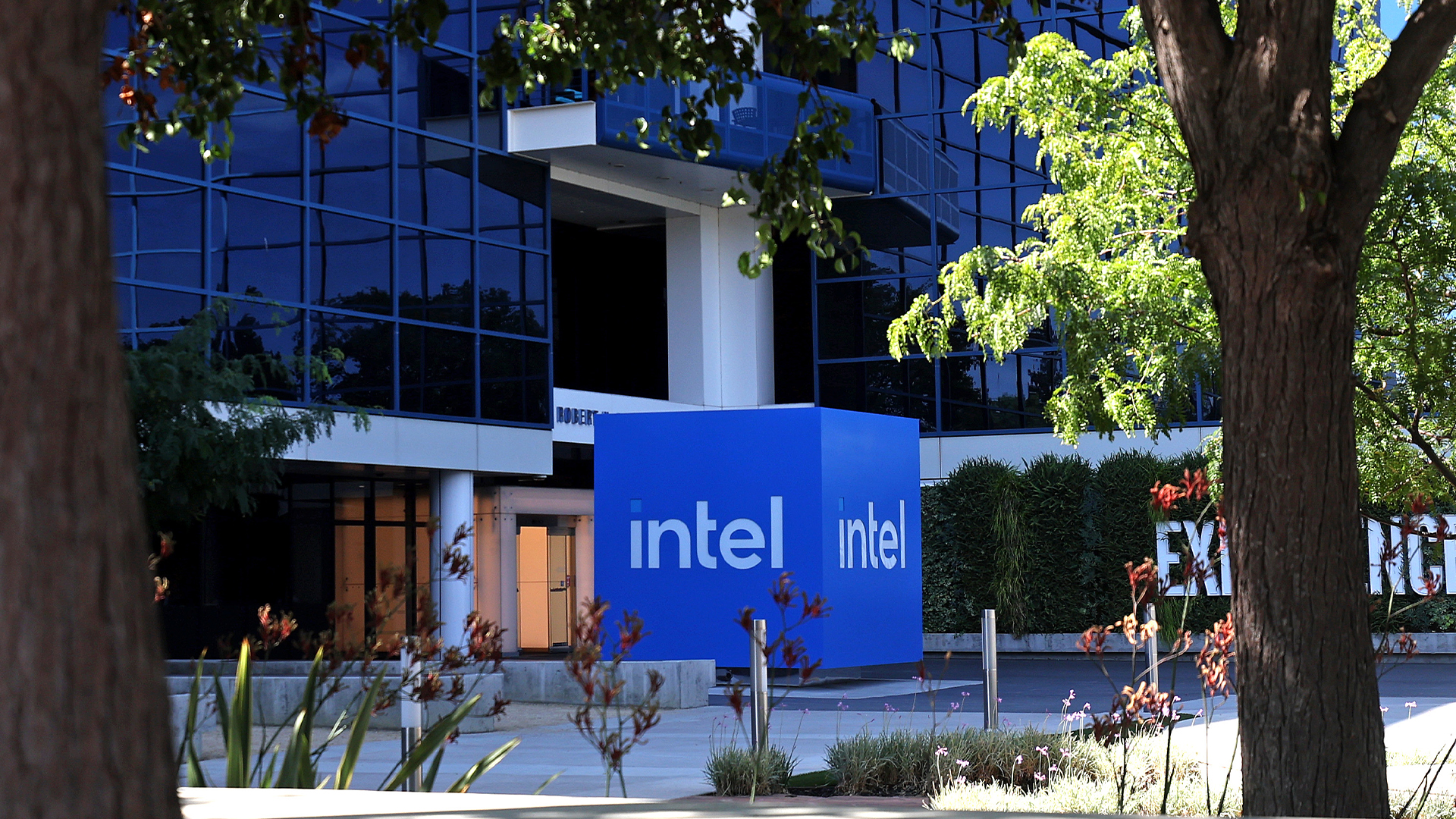
Intel is navigating troubled waters after a disappointing earnings call, and analysts have told ITPro the firm needs to up its product game to turn it around.
With a 1% year-on-year drop in revenue and plans to slash 15% of its workforce, Intel currently finds itself in a worrisome position. CEO Pat Gelsinger said the company's poor results were partly due a failure to fully capitalize on AI.
The firm needs to “revisit its product side” to stay competitive, according to Gartner analyst Alan Priestley. “It's not there with a product that is being broadly accepted” in the communities developing AI.
Where other companies such as Nvidia have been able to more successfully capitalize on the generative AI boom, Intel has fallen somewhat by the wayside.
“Nvidia got lucky in the right place at the right time with the right products … Intel was not there,” Priestley said.
That being said, the vast majority of companies are “not there” in terms of AI deployment. While Intel has missed the initial “AI wave”, there is time for the company to ride the ongoing wave as it comes, provided it can get “its story right and its product right.”
Chips and AI aren’t the only things on Intel’s mind, either, as the separation of the firm's product and foundry arms has brought into focus its semiconductor aspirations.
Sign up today and you will receive a free copy of our Future Focus 2025 report - the leading guidance on AI, cybersecurity and other IT challenges as per 700+ senior executives
This side of the company, Intel Foundry, is “consuming a huge amount of capital” and demanding “massive investments on new infrastructure", Priestley said.
This means Intel is incurring large losses in the near term, though as Priestley notes, it takes time in the semiconductor industry – “it’s not instant gratification.”
The firm’s success going forward will depend on whether it’s able to capitalize on these growing and developing aspects of the business which are currently not delivering the most impressive returns.
As Priestley is careful to point out, Intel will always be somewhat buoyed from the ongoing presence of other aspects of its business. For example, Intel accounts for over 70% of CPUs in the global PC market.
“The world can't afford for Intel to fail, because there's nothing to take up the slack,” Priestley said.
Intel and Nvidia are on different paths
When Gelsinger took the reins at Intel, it had already fallen behind Nvidia in the chipmaker space. Nvidia overtook it in 2020, knocking Intel down into third place behind TSMC in terms of value.
While there was hope that Gelsinger would spur Intel back out ahead, Nvidia has maintained its lead, posting a staggering $26 billion profit in the first quarter of 2024. This represents an 18% year-on-year increase.
However, although both firms manufacture chips, it’s not a like-for-like. Or, as Priestley put it, an “apples-to-apples” comparison.
“Intel designs and manufactures chips it sells to third parties that sell to end users. Nvidia designs and manufactures chips that it integrates into products that it sells to end users,” Priestley told ITPro.
RELATED WHITEPAPER

Nvidia is selling “systems, not chips” and can therefore cut out the “middle player”, which is part of the reason the firm is seeing such huge revenue increases.
The company “doesn't need to sell a lot to ramp its volume up” owing to the pricing of its products. By comparison, Intel needs to sell “tens of millions of CPUs” to drive its revenue.
Priestley noted he would even debate classifying Nvidia as a chip manufacturer in the traditional sense of the phrase. While it designs the chips it uses in its products, it doesn’t profit from them in the same way and operates a very different business model.

George Fitzmaurice is a former Staff Writer at ITPro and ChannelPro, with a particular interest in AI regulation, data legislation, and market development. After graduating from the University of Oxford with a degree in English Language and Literature, he undertook an internship at the New Statesman before starting at ITPro. Outside of the office, George is both an aspiring musician and an avid reader.
-
 What is Microsoft Maia?
What is Microsoft Maia?Explainer Microsoft's in-house chip is planned to a core aspect of Microsoft Copilot and future Azure AI offerings
-
 If Satya Nadella wants us to take AI seriously, let’s forget about mass adoption and start with a return on investment for those already using it
If Satya Nadella wants us to take AI seriously, let’s forget about mass adoption and start with a return on investment for those already using itOpinion If Satya Nadella wants us to take AI seriously, let's start with ROI for businesses
-
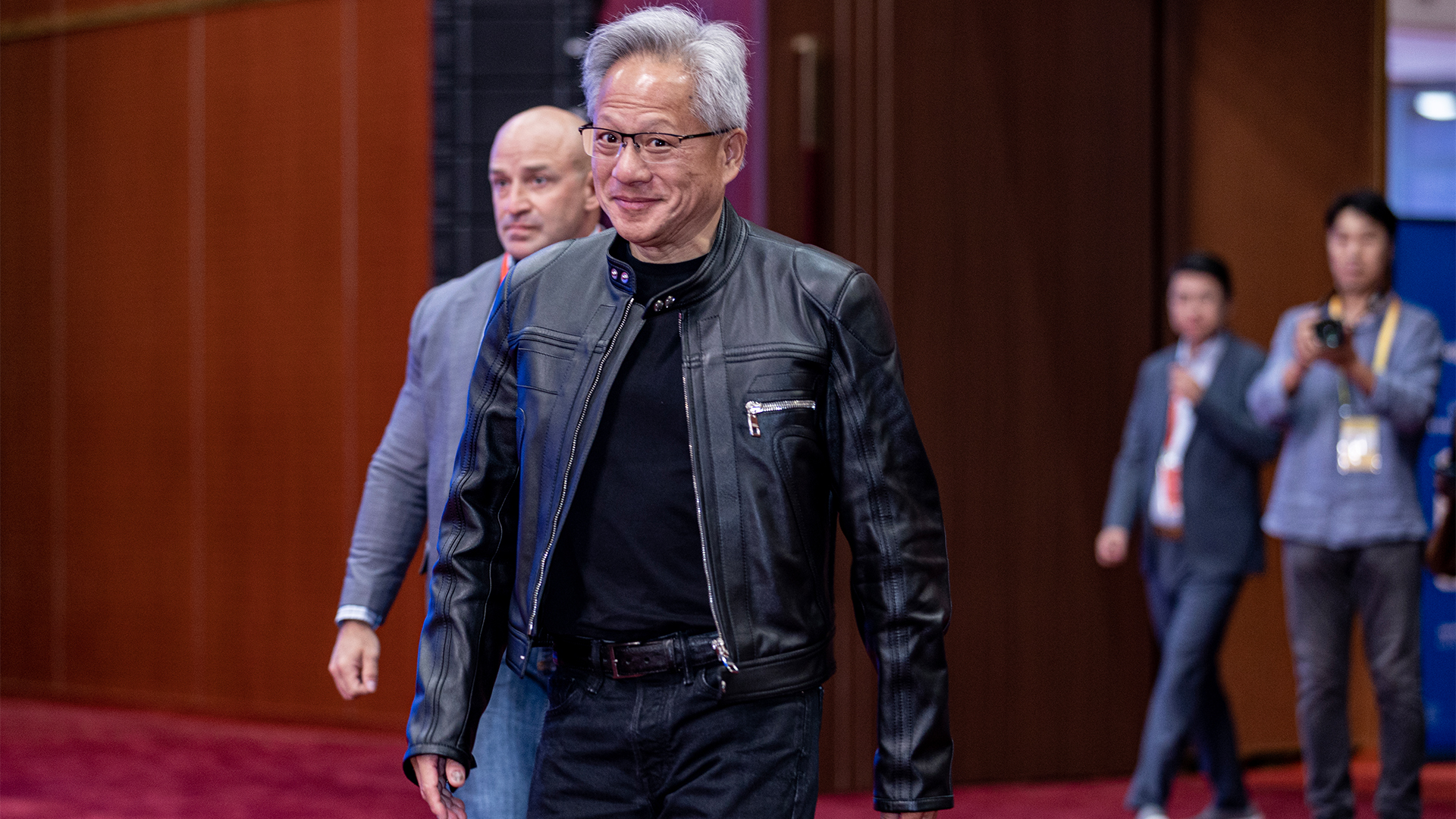 Nvidia’s Intel investment just gave it the perfect inroad to lucrative new markets
Nvidia’s Intel investment just gave it the perfect inroad to lucrative new marketsNews Nvidia looks set to branch out into lucrative new markets following its $5 billion investment in Intel.
-
 The US government's Intel deal explained
The US government's Intel deal explainedNews The US government has taken a 10% stake in Intel – but what exactly does the deal mean for the ailing chipmaker?
-
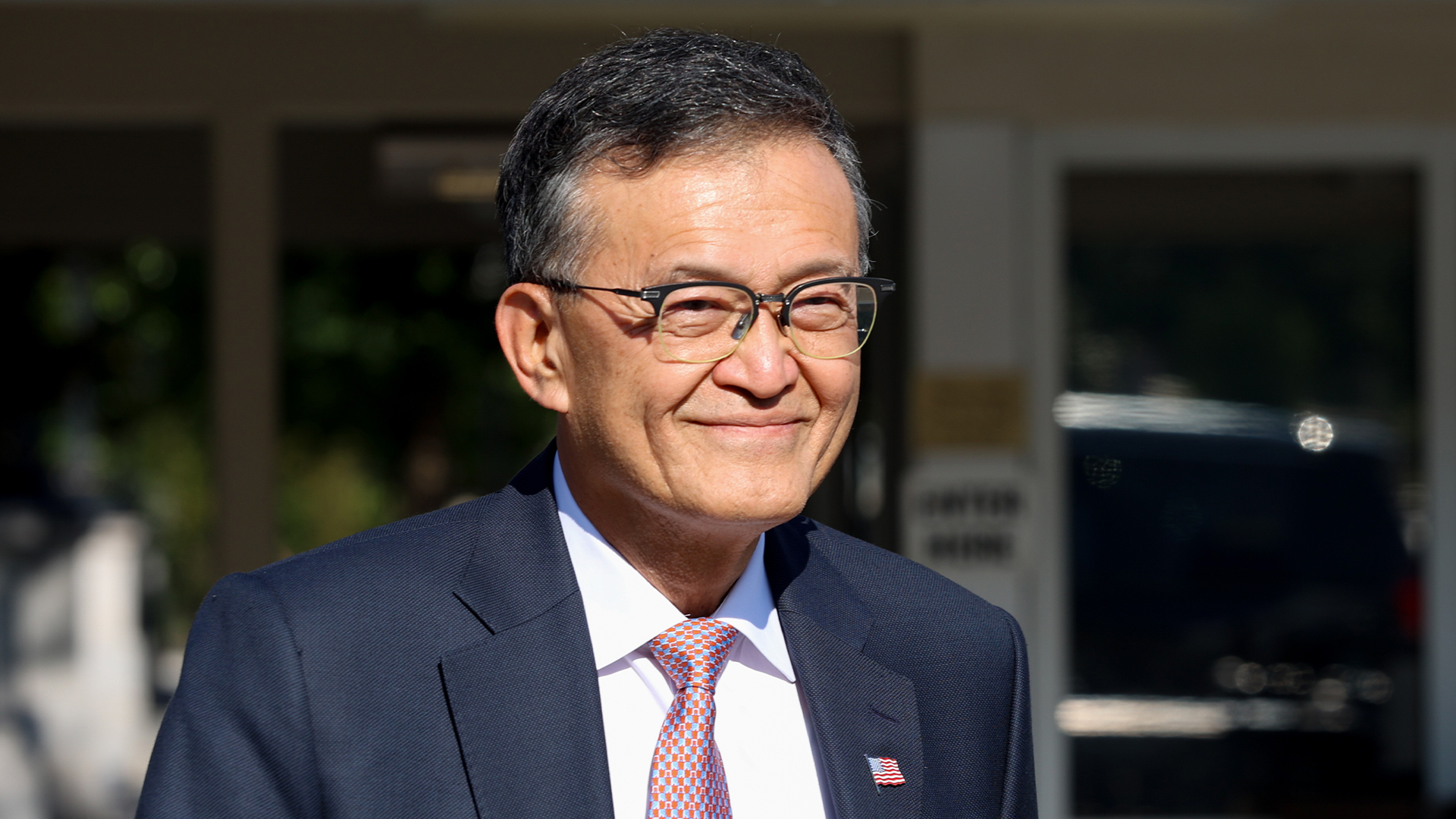 US government could take stake in Intel as chip giant's woes continue
US government could take stake in Intel as chip giant's woes continueNews The move would see increased support for Intel’s manufacturing operations
-
 Dell says Windows 11 migration is a prime opportunity to overhaul ageing PC fleets – and AI devices are in the spotlight
Dell says Windows 11 migration is a prime opportunity to overhaul ageing PC fleets – and AI devices are in the spotlightNews The shift to Windows 11 means IT leaders can ditch old tech and get their hands on AI PCs
-
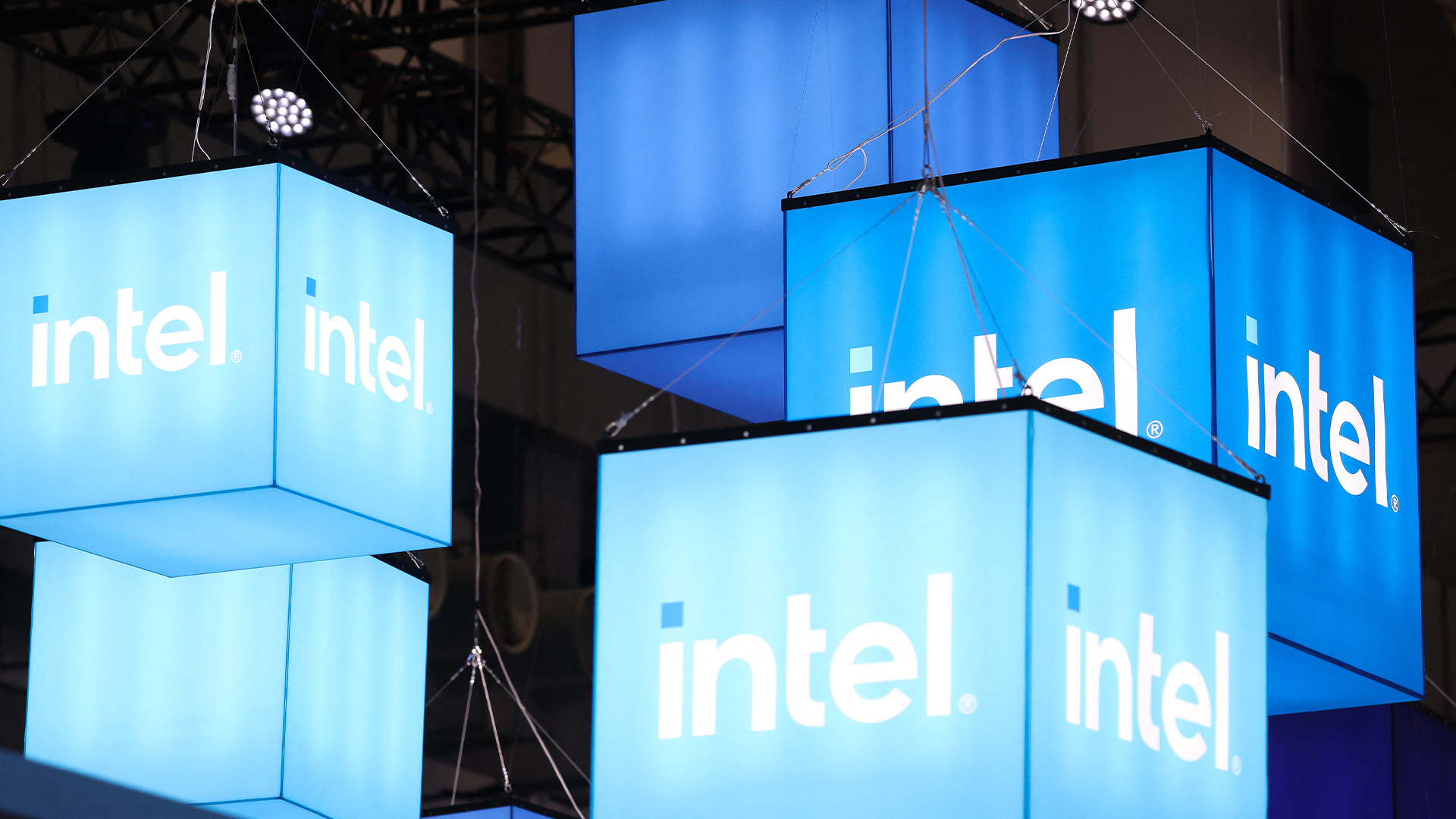 The gloves are off at Intel as new CEO plots major strategy shift
The gloves are off at Intel as new CEO plots major strategy shiftNews Intel’s incoming CEO has some big plans for the firm’s business strategy, sources familiar with the matter have told Reuters, with more job cuts looming on the horizon.
-
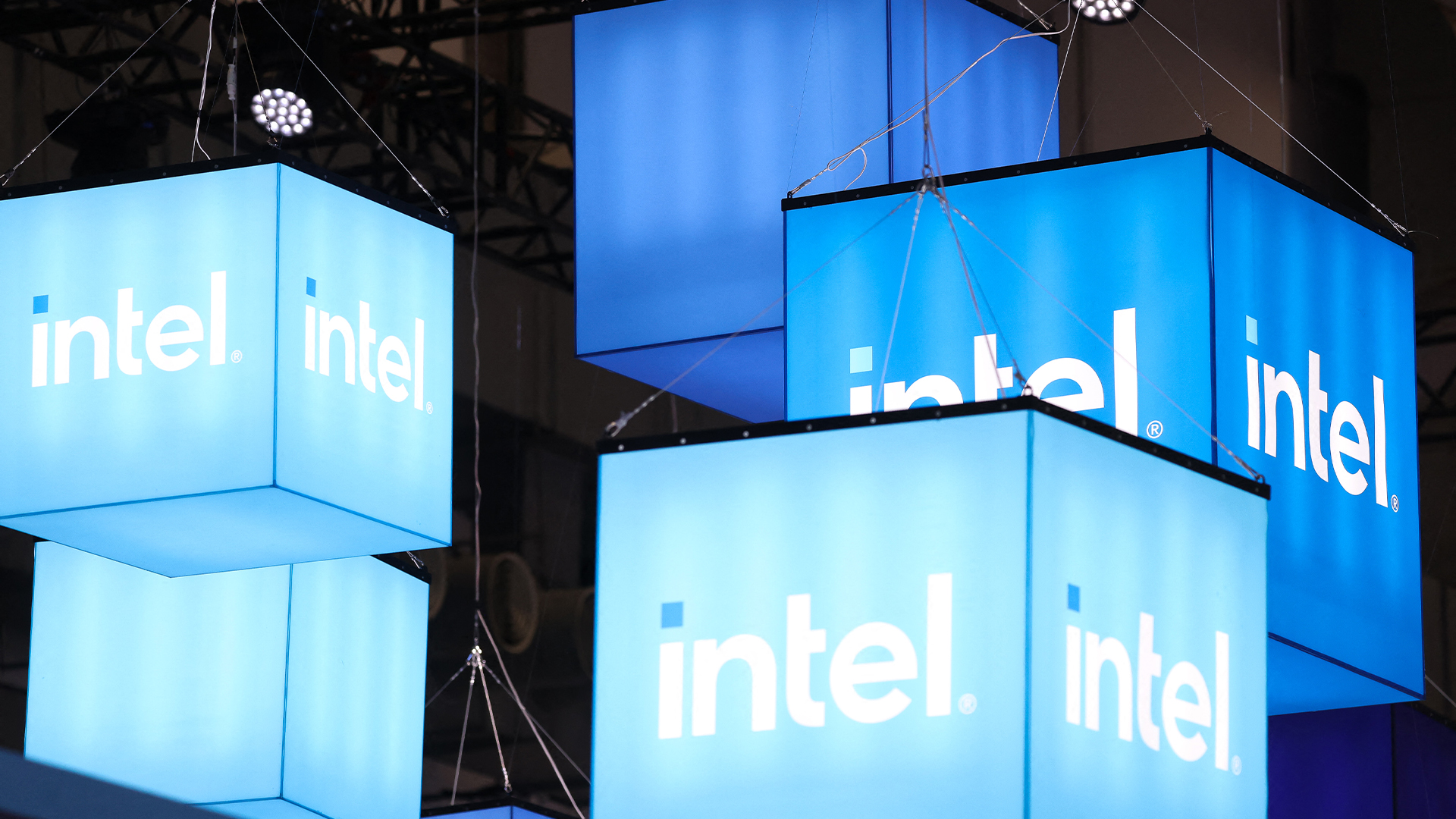 Intel just won a 15-year legal battle against EU
Intel just won a 15-year legal battle against EUNews Ruled to have engaged in anti-competitive practices back in 2009, Intel has finally succeeded in overturning a record fine
-
 AMD and Intel’s new x86 advisory group looks to tackle Arm, but will it succeed?
AMD and Intel’s new x86 advisory group looks to tackle Arm, but will it succeed?News The pair will look to make x86 CPU architecture more interoperable
-
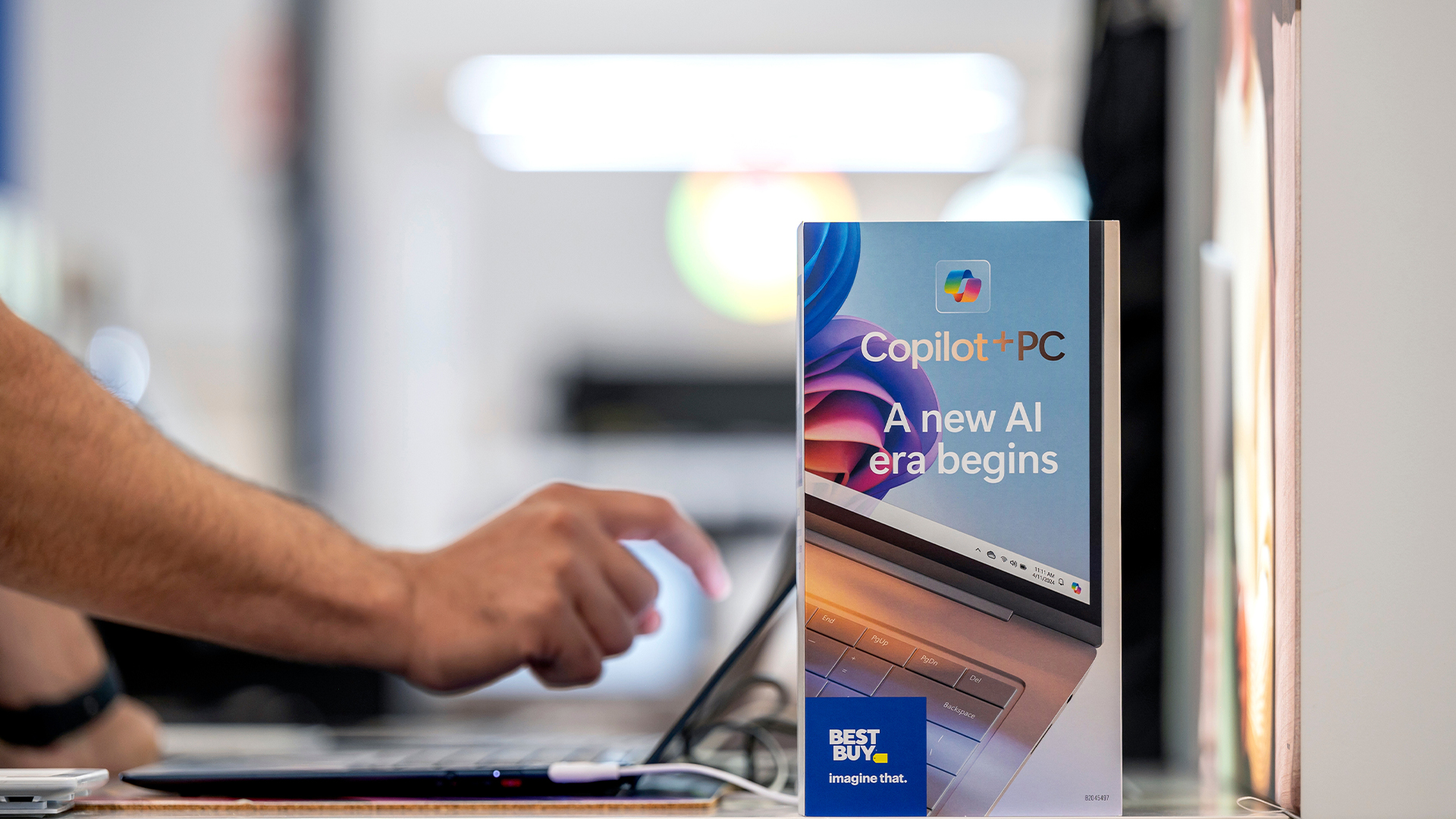 Why the world is about to be swamped with AI PCs
Why the world is about to be swamped with AI PCsNews With adoption rates set to surge, AI PCs will become far more mainstream in years to come